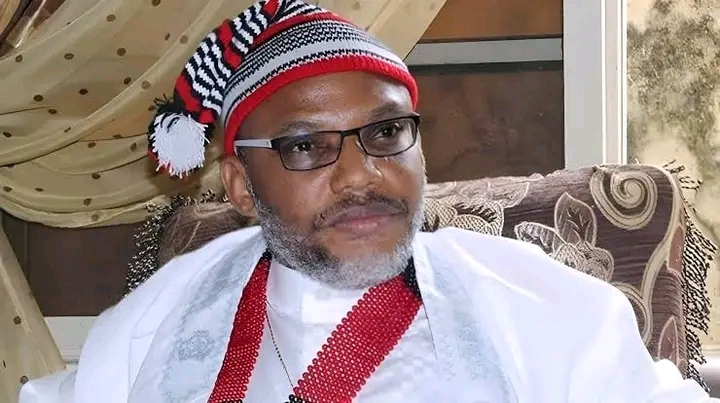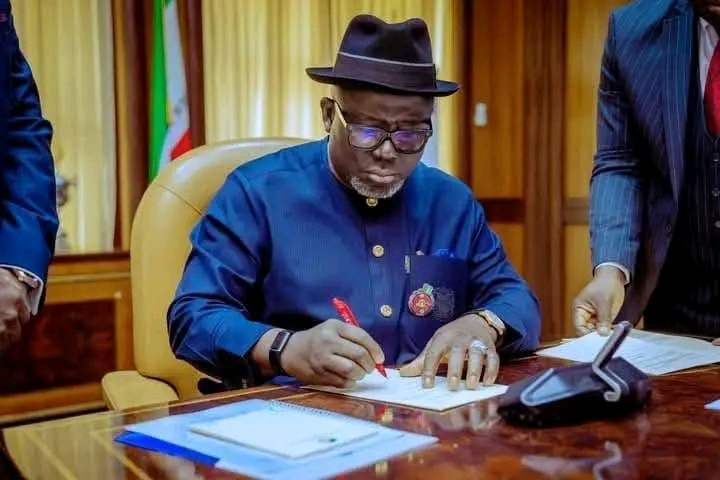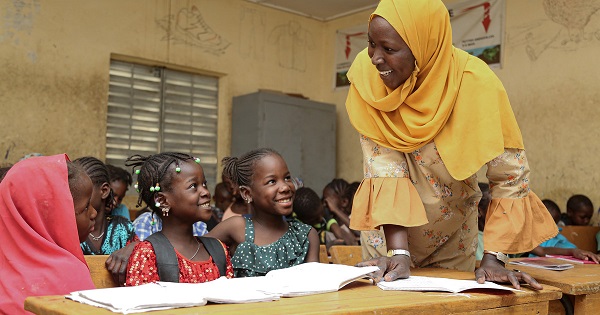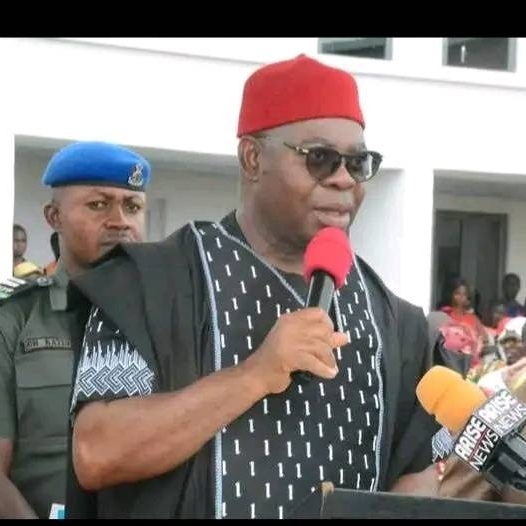In Katsina, the federal government and state actors are once again floating the idea of a “peace deal” with bandits and terrorists — men who have openly killed, kidnapped, maimed, and terrorized communities.
The logic, we are told, is to buy peace and halt bloodshed. But while these overtures of amnesty and dialogue are extended to criminals who thrive on violence, one cannot ignore the glaring contradiction: Mazi Nnamdi Kanu, leader of the Indigenous People of Biafra (IPOB), remains in the custody of the Department of State Services (DSS), held without resolution, despite repeated court pronouncements on his case.
This is a troubling reflection of double standards in Nigeria’s governance and justice system. How does a country justify negotiating with armed outlaws on one hand, while refusing dialogue with a man whose weapon has largely been his voice and ideology? Does this not send a dangerous message — that violence is rewarded, but lawful agitation is punished?
Nnamdi Kanu is not without controversy. His rhetoric has, at times, inflamed passions and polarized discourse. Yet, in any democracy worth its name, grievances are settled within the bounds of law, dialogue, and justice. If the courts have ordered his release, then the government’s refusal to comply undermines the very institutions it swore to uphold.
Meanwhile, communities in the North continue to bear the brunt of banditry. Deals with such groups often collapse because they are driven by expediency, not sincerity. Criminals granted amnesty today may return to the forests tomorrow, emboldened by the knowledge that the state lacks the will to hold them accountable.
Nigeria cannot build peace on selective justice. We cannot bend the law for terrorists while ignoring lawful orders in politically sensitive cases. This is not just hypocrisy; it is a dangerous erosion of trust in the state. A nation that rewards violence but punishes dialogue is sowing seeds of future instability.
What Nigeria needs now is consistency and courage. The government must prove that justice is blind — not swayed by ethnicity, region, or political convenience. If peace is to be pursued with bandits, then peace must also be pursued with agitators. If forgiveness can be extended to terrorists, then fairness must be extended to Nnamdi Kanu.
Anything less leaves us with a fractured nation where citizens no longer believe in equal justice under the law.







Comments (0)
Please login to comment.